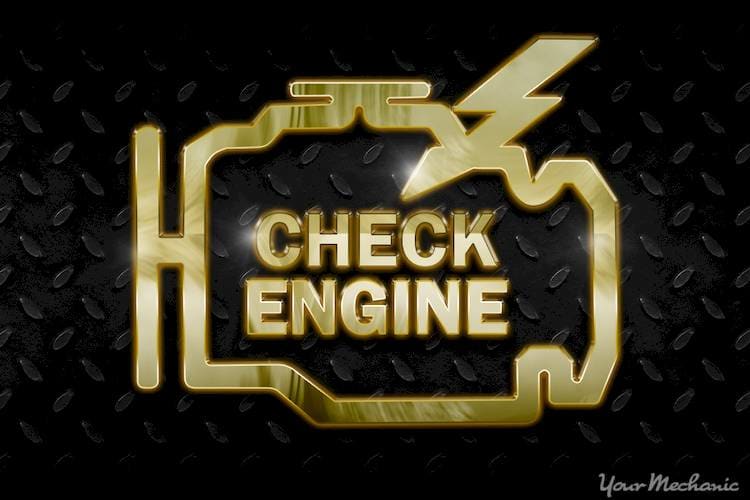P0438 code definition
When your vehicle’s PCM stores trouble code P0438, it means that the catalyst efficiency is below the proper operational threshold for engine bank 2.
What the P0438 code means
Your vehicle’s PCM takes data regarding temperature and exhaust composition from the oxygen sensors in order to determine the required degree of catalyst efficiency. If the proper level is not found, then the PCM stores a P048 code indicating that engine bank 2 is not working properly.
What causes the P0438 code?
Usually, the P0438 code indicates a problem with the catalytic converter. It can also mean that your vehicle has defective oxygen sensors, which is actually the more likely cause. Catalytic converters do not typically wear out, although they can malfunction due to:
- Improper fuel usage
- Fuel entering the exhaust system
- Faulty coolant temperature sensor
- Bad mass air flow sensor
- Bad fuel regulator
- Problems with the fuel injectors
- Leaky or kinked flex hose
- Bad spark plug timing
What are the symptoms of the P0438 code?
You might not notice any symptoms – the system might simply store the code, and possibly activate your Check Engine light. On the other hand, if the oxygen sensors are faulty or the catalytic converter is malfunctioning, you might notice a decrease in engine performance, hesitation while accelerating, or stalling.
How does a mechanic diagnose the P0438 code?
Your mechanic will start by using a scanner, volt/ohmmeter, and temperature gun to diagnose the problem. The steps will include:
Examining the connectors and wiring, and replacing or repairing anything that is damaged
Re-testing the system following repairs
If the codes reappear, checking to see if the problem is intermittent (if the problem is determined to be intermittent, then the condition might have to get worse before a proper diagnosis can be made)
Comparing the findings with the specifications provided by the vehicle manufacturer
Test driving the vehicle, parking it, allowing it to idle, and finding out if the symptoms reappear
Taking a reading on the downstream oxygen sensor to see if it fluctuates (this could indicate a bad catalytic converter)
Checking the oxygen sensor, fuel trim, fuel mixture and misfire codes before trying to diagnose the catalytic converter codes
Common mistakes when diagnosing the P0438 code
The most common mistake occurs when the mechanic does not properly investigate what caused the failure in the catalytic converter. Often, catalytic converter failure happens when other codes are stored, but not dealt with. Misfires in the engine can also deteriorate the catalytic converter.
Sometimes, too, mechanics are overly eager to replace the oxygen sensor, and may not even verify that it is faulty before doing so. They mean well – they are doing it to avoid the more expensive remedy, which is replacing the catalytic converter. But when they do this, and the problem is actually the catalytic converter, all they are really doing is adding to the expense of repairing the vehicle.
In another effort to save the customer money, mechanics may also go with a rebuilt catalytic converter. Sure, they cost less, but they don’t last as long, and they don’t work as well, as OEM catalytic converters.
How serious is the P0438 code?
If your engine is a bit sluggish and all you’re doing is driving at low speeds, then it probably doesn’t matter much if you don’t get to a mechanic immediately. On the other hand, if you’re stalling out on the highway, that could be dangerous. Depending on where you drive, you might want to get this issue corrected immediately for your safety and that of other motorists, or you might be perfectly fine just having it dealt with when it is convenient for you.
What repairs can fix the P0438 code?
You may need to have your oxygen sensors replaced. Or, you might need a new catalytic converter.
Exhaust leaks can be a minor annoyance, or they could lead to more costly repairs later on.
Need help with a P808 code?
Exhaust leaks are no problem for YourMechanic. Just give us a call at 1-800-701-6230, or book an appointment using our online form. We will come to your home or office and take care of any maintenance or repair issues for you.
Check Engine Light
trouble codes
P0438





